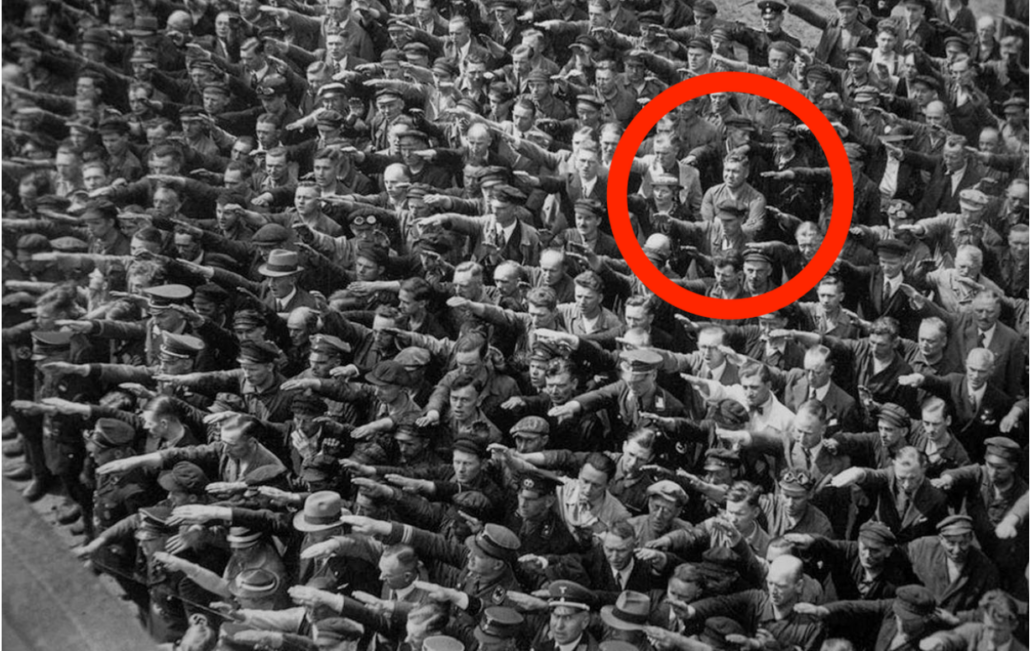Caste Book Club – Section 3 Questions
Meeting #3 on Sunday March 14 at 5:00 PM – Awakening and Where do we go from here? (Part 7, pp. 359-389)
- Isabel goes out to eat with a friend who is dominant caste and her friend becomes very angry about their service. How do you think you would have reacted if you were the friend in this situation?
- What was the game changer in Isabel Wilkerson’s encounter with the plumber in “The heart is the Last Fronteir”? How can we increase personal relationships in our lives? Within our church?
- In the epilogue, Isabel says that “A housing Inspector does not make the repairs to the building he has examined. It is for the owners, meaning each one of us, to correct the ruptures we have inherited.” What does she mean by this? What does this mean as we move forward?
- The US census projects that the United States will be “minority white” in 2045. Isabel asks “will the United States adhere to its belief in majority rule if the majority does not look like it has throughout history? What do you think?
- Wilkerson explains Einstein’s reaction to the treatment of black people in the US and the many times he spoke out and the personal actions he took to help people of color. She says “There are the rare people, like Einstein, who seem immune to the toxins of caste in the air we breathe, who manage to transcend what most people are susceptible to.” How do we transcend? How do we increase the ranks of those who “break out”?
- Wilkerson talks about a “Truth and Reconciliation Commission, so that every American can know the full history of our country, wrenching as it may be.” What would this look like?
- What does Wilkerson mean by “radical empathy”?
- Isabel Wilkerson begins the book with an image of one lone dissenter amidst a crowd of Germans giving the Nazi salute. What would it mean—and what would it take—to be this man today?
- How could First Parish Church move our community toward “Truth and Reconciliation”? How can we display and act with “radical empathy”?

